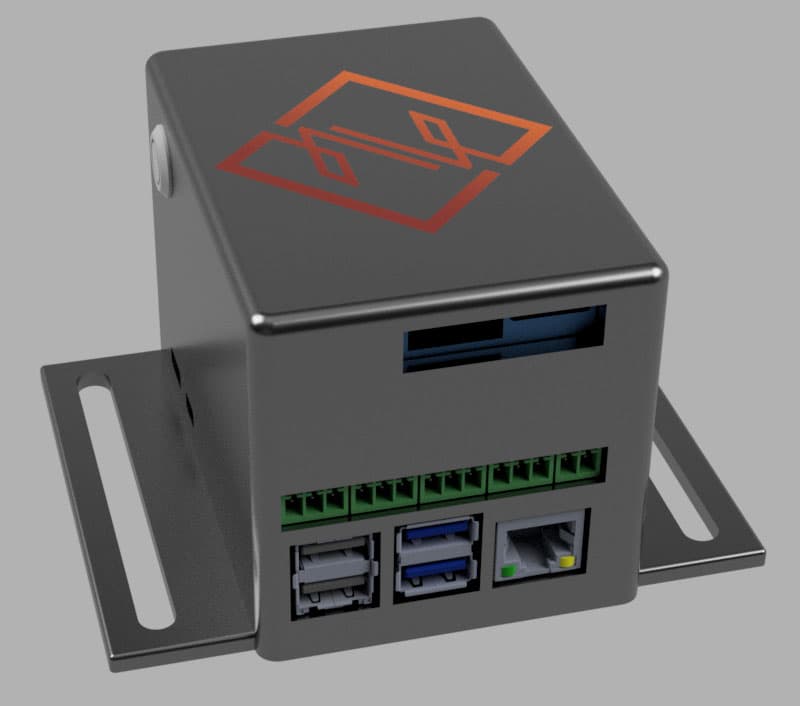You need to know what's going on in the lab.
Don't spend weeks setting up measurements to figure it out.
- High precision temperature, humidity, barometric pressure, and particle count measurements
- Automatic measurement logging and visualization with an intuitive GUI
- Fast data acquisition up to 1 sample per second
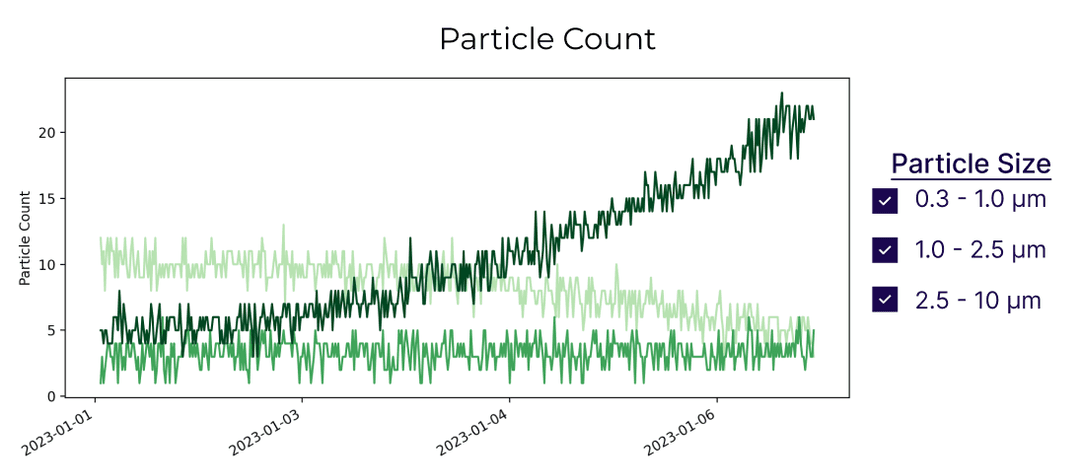
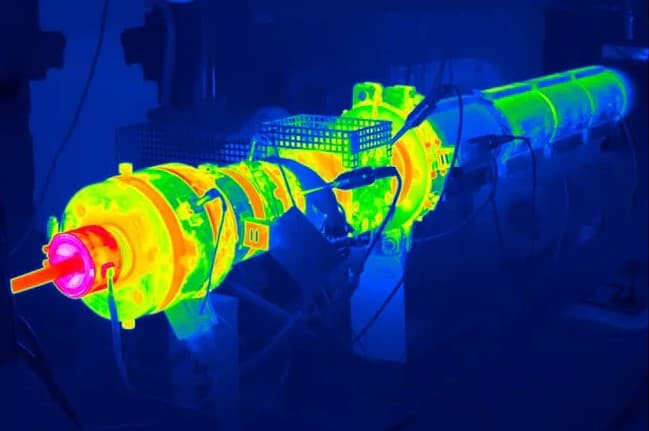
Temperature
Temperature changes and thermal gradients are one of the most common sources of experimental instability.
- Connect up to 8 resistance temperature detectors (RTDs) to measure the temperature of your equipment and environment
- Absolute accuracy: ±0.1% (±0.01% with calibration)
- Can use PT100 or PT1000 sensors
- Temperature range between -200°C to 850°C (probe dependent)
- Long term drift <0.02 ℃ / year
Pressure
Pressure fluctuations can affect instrument calibration, precision optical alignment, evaporation rates, and other important experimental variables.
- Absolute accuracy: ±0.05 kPa
- Relative accuracy: ±0.003 kPa (Equivalent to ±25 cm vertical positioning)
- Operating range: 30 to 124 kPa
- Long term drift: <0.02 kPa / year


Relative Humidity
Humidity changes can cause static buildup, condensation, corrosion, microbe and bacteria growth, and other issues that affect your work.
- Absolute accuracy: ±1% relative humidity
- Relative accuracy: ±0.08% relative humidity
- Operating range: 0-100% relative humidity (non-condensing)
- Long term drift: <0.2% RH / year
Particle Count
Forest fires, dust, and other particulates can impact your experiments.
- Particle sizes detected: 0.3-1.0 µm, 1.0-2.5 µm, 2.5-10 µm
- Particle counting efficiency: 50% at 0.3 µm, 98% at >0.5 µm
- Absolute accuracy: ±10 μg/m³ at 0-100 μg/m³, ±10% at 100-500 μg/m³
- Relative accuracy: 1 μg/m³

Ready for easier measurements?
Discover the simplest way to keep track of your laboratory environment.
Additional Information
- 4.0" Wide x 2.8" (4.8" including mounting flanges) x 2.8". The mounting flange slots are 4" apart.
- Sensor inputs: 8x 3-wire resistance temperature detectors (RTDs)
- Power input: 5V USB-C (power supply included)
- Serial input: 4x USB-A (for keyboard, mouse, and additional instruments in future updates)
- Video output: HDMI mini (for monitor)
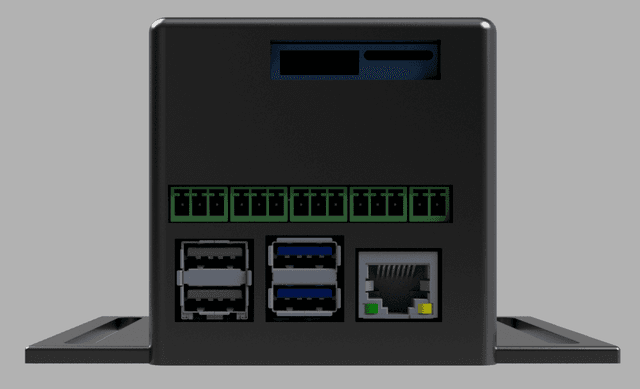
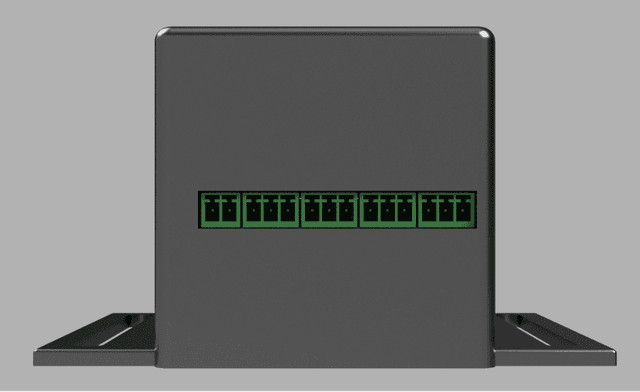
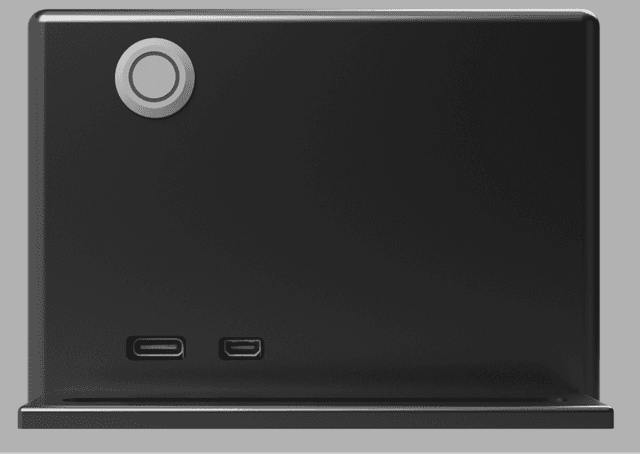
- 2.4 GHz and 5.0 GHz IEEE 802.11ac wireless
- Gigabit Ethernet
- Please contact us for academic and non-profit discounts.
- Soon! We're working on a Python API. In the meantime, you can log your data by plugging in a monitor, mouse and keyboard. Please contact us if you need something specific.


